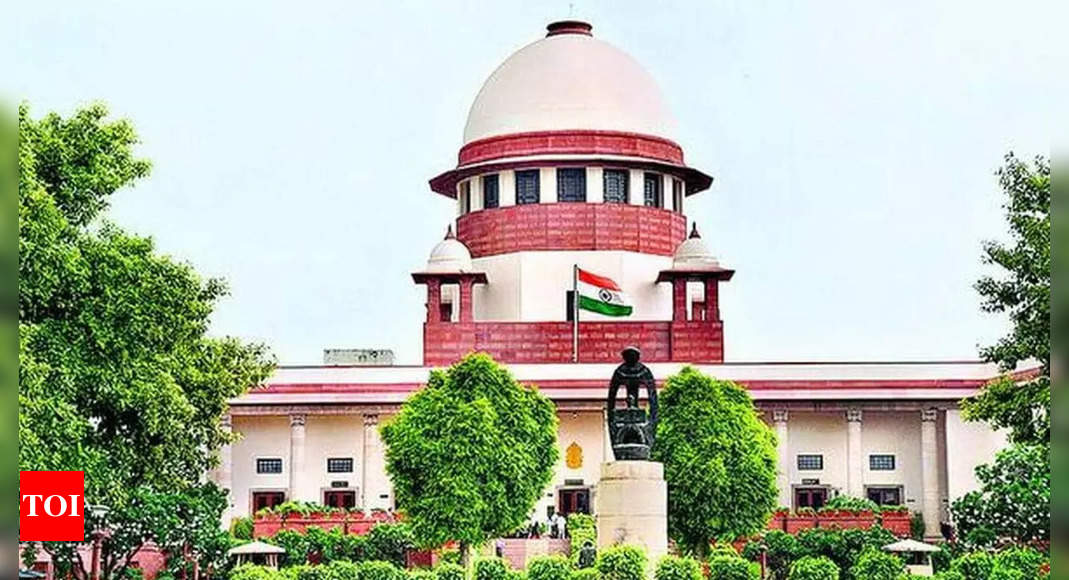SC terms bad in law its 2011 verdicts on issue of membership of banned outfits

The Supreme Court on Friday said that a 2011 judgment which held that membership of a banned organization cannot be made a criminal unless he commits violence or incites people to violence is wrong.
A bench comprising Justices MR Shah, CD Ravikumar and Sanjay Karol, while deciding a reference issued by a two-judge bench, held that only being a member of a banned organization can make a person guilty and prosecuted under the provisions of the UAPA.
The bench held that the judgments passed by the High Courts in a 2011 two-judge judgment held that membership of banned organizations was bad in law and violated.
Allowing petitions filed by the Center and the State of Assam seeking a review of the Supreme Court’s 2011 judgment on membership of banned bodies, the court said the Center should be consulted while reading a provision enacted by Parliament.
The Supreme Court said that the 2011 judgments were based on US court judgments without considering the prevailing situation in India. “The right to freedom of speech and expression in India is not absolute and is subject to reasonable restrictions. However, the decisions of the US court will be a guiding light,” the bench said.
On February 9, when the Supreme Court deferred judgment on a batch of review petitions, it noted that the 2011 judgment had not been read by its two-judge bench on terrorism and sedition Article 3(5). Activities (Prevention) Act, 1987 (now repealed).
On February 3, 2011, the High Court acquitted ULFA member Arup Bhuyan who was held guilty by a TADA court based on his statement to the Superintendent of Police, saying that he cannot be a member of a banned organisation. A person is a criminal unless he resorts to violence or incites people to violence or creates public disorder by violence or incitement to violence.
Similar views were taken by the Supreme Court in Indira Das and State of Assam and State of Kerala and Raneef in 2011, where the bench relied on three US Supreme Court judgments which rejected the doctrine of ‘guilt by association’. ‘.

















